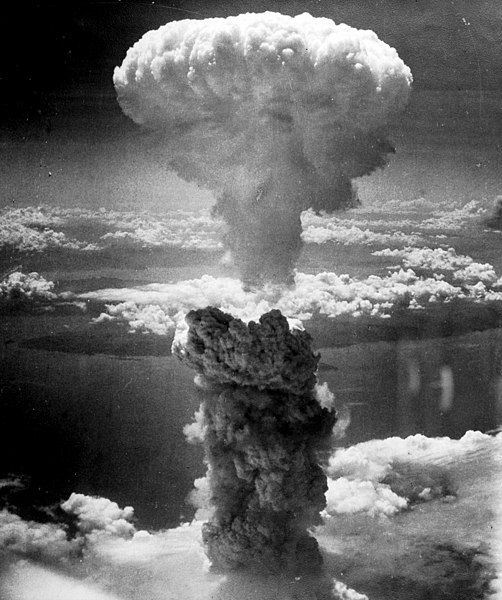Balkans campaign (World War II)
The Balkans campaign of World War II began with the Italian invasion of Greece on 28 October 1940. In the early months of 1941, Italy's offensive had stalled and a Greek counter-offensive pushed into Albania. Germany sought to aid Italy by deploying troops to Romania and Bulgaria and attacking Greece from the east. Meanwhile, the British landed troops and aircraft to shore up Greek defences. A coup d'état in Yugoslavia on 27 March caused Adolf Hitler to order the conquest of that country.
German paratroopers on Crete in 1941
Balkan boundary changes 1938 to 1941
World War II or the Second World War was a global conflict between two major alliances: the Allies and the Axis powers. The vast majority of the world's countries, including all the great powers, fought as part of these military alliances. Many participating countries invested all available economic, industrial, and scientific capabilities into the war, blurring the distinction between civilian and military resources. Aircraft played a major role, enabling the strategic bombing of population centres and delivery of the only two nuclear weapons ever used in war. It was by far the deadliest conflict in history, resulting in 70–85 million fatalities. Millions died due to genocides, including the Holocaust, as well as starvation, massacres, and disease. In the wake of Axis defeat, Germany, Austria, and Japan were occupied, and war crime tribunals were conducted against German and Japanese leaders.
Image: Bundesarchiv Bild 101I 646 5188 17, Flugzeuge Junkers Ju 87
Image: Matilda tanks on the move outside the perimeter of Tobruk, Libya, 18 November 1941. E6600
Image: Nagasakibomb
Image: Bundesarchiv Bild 183 R76619, Russland, Kesselschlacht Stalingrad






